The Best Fluffy Pancakes recipe you will fall in love with. Full of tips and tricks to help you make the best pancakes.
Self-Awareness and Academic Success
When students are aware of themselves, they are able to enjoy more success in most areas of their lives, including academics. Self-awareness gives students the ability to act independently, direct their own learning, be internally motivated, act intentionally, and be true to who they are. They also have a resilience that allows them to handle failure so that they can continue to learn and grow. Here are some ways to help your student become more self aware.
1. Define strengths and weaknesses. One fun way to do this is to have your student create a personal balance sheet, in which they list their assets and constraints. The assets include things like physical, mental, emotional, personality, experiential, spiritual, passions, interests, network, and support system. Then identify some of the things that hold them back. Have your student ask others so that they can get a more complete picture of their strengths.
2. Model self-awareness. Show your student that you understand your own strengths and weaknesses, and explain how you have been able to use some of your strengths to overcome some of your weaknesses. Be open about your own life, and share about some of your role models and people who made an impact in your life.
3. Ask your student for opinions before you offer advice. Letting your student think for herself is critical to developing self-awareness. You can give your student the ability to solve her own problems and come up with ideas about issues by giving her the opportunity to speak before you give any advice.
4. Help them find a mentor. Students are able to learn more about themselves and who they want to be when they have a mentor who can help lead them in the right direction. Help them find someone who they can aspire to be more like, whether it is a teacher, coach, relative, friend, or someone in their desired career.
5. Talk about plans for the future. Have conversations about where your student sees himself in 10 years, and how he wants his life to look. Create a goal together that will help your student get closer to where he wants to be. Write the goal down and keep it in a place where you both can see it.
Giving students the tools they need to become aware of their strengths and weaknesses and to understand who they are, gives them the ability to succeed not only in academics but in so many other areas of their lives. They will become more motivated and start to make decisions based on their abilities, and that is very exciting to experience with your child!

